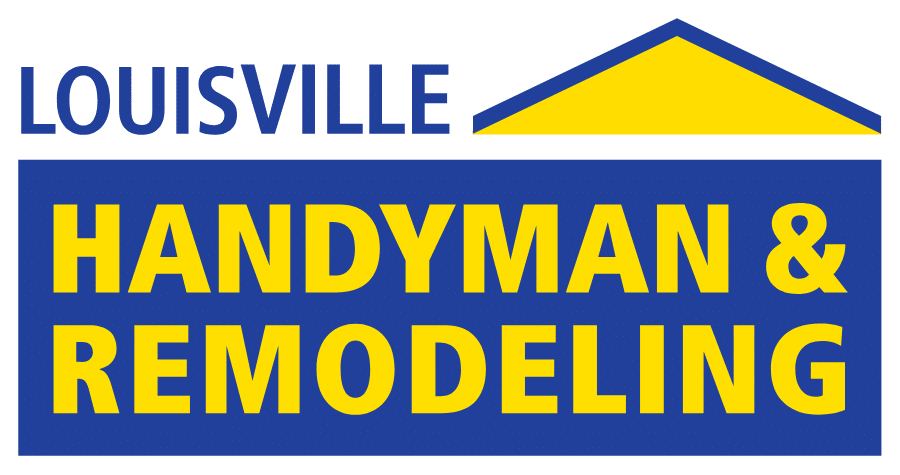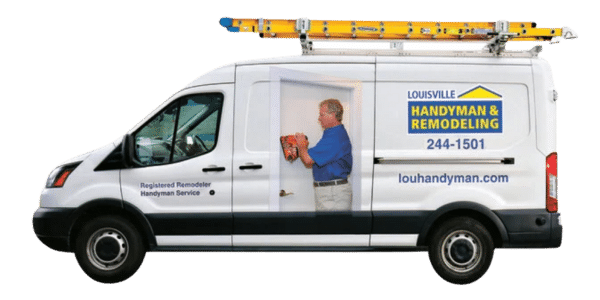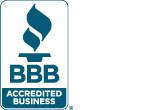Congratulations! You’re thinking about becoming one for the first time. When you’ve never been on a home-buying journey before, it’s hard to know what to expect or what to do to get the most out of your home-buying experience or new home. Our guide for new homeowners will begin with some of the financial basics to help you understand the process of buying a home and what you can expect to pay and experience.

Tips Before You Buy a House in Louisville, Kentucky
Buying your first home can be an exciting but daunting experience. Many critical factors must be considered, from financing options to home inspections, before making such a significant investment. Louisville Handyman is here to share some tips and tricks for first-time home buyers in Louisville, Kentucky, to help you navigate the process with confidence and ease.
Pre-qualify for a Mortgage
For first-time home buyers, pre-qualifying for a mortgage is an essential step towards home ownership. Pre-qualifying means that a lender has reviewed your financial situation and determined the amount of money they will lend you for a home purchase. This step is essential because it gives you an idea of your budget and helps you determine what kind of home you can afford. A pre-qualification letter is also important because it shows sellers and real estate agents that you are a serious buyer who has taken the necessary steps to secure financing. Pre-qualifying for a mortgage can be done by contacting a lender or mortgage broker and providing them with information about your income, debt, and credit history. The lender will then review your information and provide a pre-qualification letter.
Understand Your Financing Options
As a first-time home buyer in Kentucky, you have several financing options. One option is an FHA loan, a government-backed loan requiring a lower down payment and credit score compared to conventional loans. Another option is a USDA loan, available to low-income individuals in rural areas. A conventional loan typically requires a higher credit score and down payment but offers more flexibility regarding interest rates and terms. Researching your options and speaking with a lender to determine the best financing option for your specific situation is important.
Set Aside 20% if Possible
As a general rule, a down payment should cover 20% of the home’s sale price. However, many first-time home buyers may not have the financial resources to make a 20% down payment. In these cases, a 5-10% down payment may be more realistic. Remember that a smaller down payment may mean paying private mortgage insurance (PMI) to protect the lender in case of default. It’s crucial to weigh the costs and benefits of a larger versus a smaller down payment and determine what makes the most sense for your financial situation.
Estimate Your Additional Costs
In addition to the down payment, there are several other costs associated with buying your first home. Closing costs, which include fees for things like appraisals, inspections, and title searches, typically range from 2-5% of the home’s sale price. Moving expenses, including hiring a moving company or renting a truck, can also add up quickly. Other costs to consider include homeowner’s insurance, property taxes, and potential repairs or renovations. It’s important to budget for these additional costs to avoid unexpected financial strain after the purchase of your first home.
Get a Thorough Home Inspection
Before purchasing a home, it’s important to have a thorough home inspection conducted by a qualified professional. A home inspection can help identify potential problems with the home, such as foundation issues, electrical problems, or plumbing leaks, that may not be immediately apparent to the buyer. Identifying these issues can help you avoid costly repairs or surprises down the line. As a remodeling company in Louisville, Kentucky, Louisville Handyman is happy to help with home inspections for both buyers and sellers. Our team of experts can help you prioritize major projects or repairs that need to be completed before the sale, allowing you to make an informed decision about whether or not to move forward with the purchase.
Important Tips for New Homeowners
You’re finally home! As a first-time homeowner, there are a lot of things to consider and take care of to ensure the safety and longevity of your property. From seasonal maintenance to budgeting for repairs and improvements to enjoying the freedom to modify your home, there are many important tips to keep in mind. In this section, we’ll cover some key tips for new homeowners to help you navigate this exciting new chapter in your life.
Keep Up With Seasonal Maintenance
As a new homeowner, it’s important to stay on top of seasonal maintenance tasks, especially as winter approaches. Properly maintaining your home can help prevent costly repairs down the line and ensure your family’s safety and comfort. Before winter hits, make sure to clean gutters, trim trees, and inspect your heating system to ensure it’s working properly. Checking for drafts around windows and doors and adding weatherstripping or caulking where needed can also help keep your home warm and energy-efficient during the colder months.
Understand Associated Costs
As a new homeowner, it’s important to understand the difference between repairs and improvements when it comes to taxes. Repairs are necessary fixes to maintain the safety and functionality of your home, such as fixing a leaky roof or replacing a broken window. These costs are considered part of the cost basis of your home and cannot be deducted from your taxes. Improvements, on the other hand, are updates or upgrades that are not necessarily essential but can improve the look or functionality of your home, such as a kitchen renovation or new landscaping. These costs can be added to the cost basis of your home and may be deductible when you sell your home. It’s important to keep track of these costs and consult with a tax professional to ensure you are taking advantage of any available deductions. Even if the idea of hiring an accountant seems daunting and expensive, the savings they find and your peace of mind will likely be significant. Other costs to consider include property taxes, homeowner’s insurance, and utility bills. It’s important to budget for these costs and prioritize repairs to ensure the safety and longevity of your home.
Feel Free to Make it Yours!
One of the benefits of home ownership is the freedom to modify your home to suit your needs and preferences. When you rent, you are limited in the changes you can make to the property, and any modifications you do make may need to be undone before you move out. However, as a homeowner, you have the ability to make more permanent changes to your home, such as remodeling the kitchen or adding a new room. These modifications can increase the value of your home and improve your quality of life. However, it’s important to keep in mind that some modifications may require permits and approval from the city or neighborhood association, and it’s important to consult with a professional to ensure the changes you make are safe and up to code.
Louisville Handyman is Here for You!
At Louisville Handyman, we understand the importance of maintaining and improving your home. From our home inspection services to help you identify any necessary repairs or improvements before buying or selling your home, to our remodeling services to help you make the most of your space, we’re here to help. Whether you’re a new home buyer or a seasoned homeowner, we encourage you to contact us for all your home improvement needs. Our experienced and reliable team is here to provide the expertise and guidance you need to keep your home in top condition for years to come.



